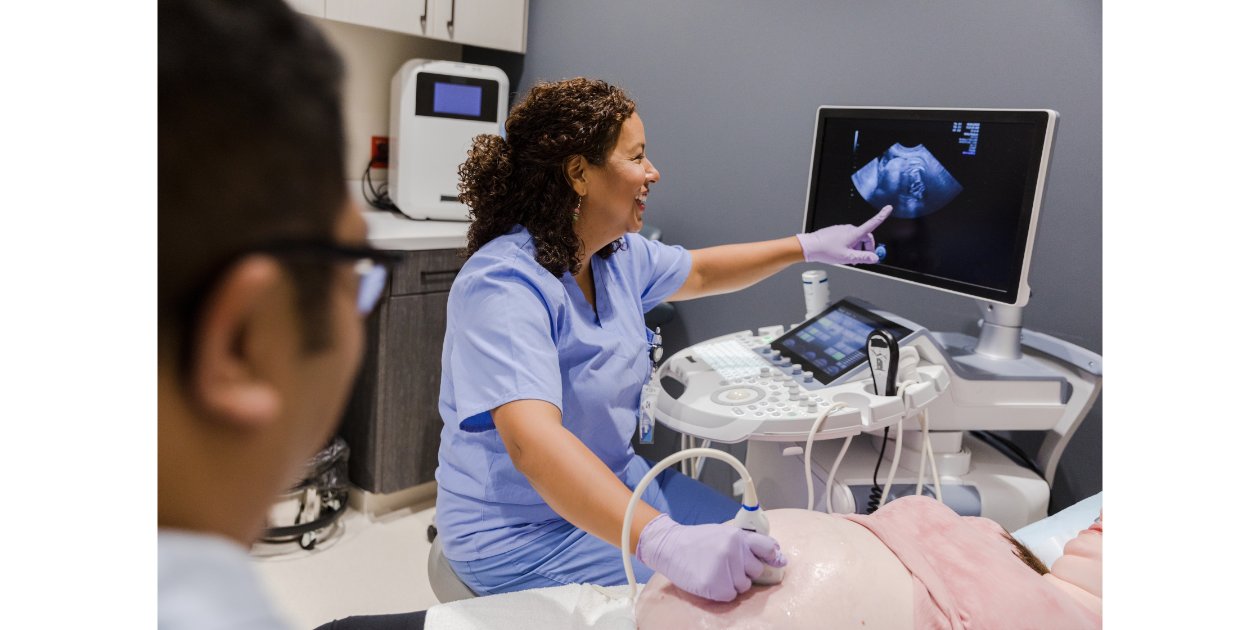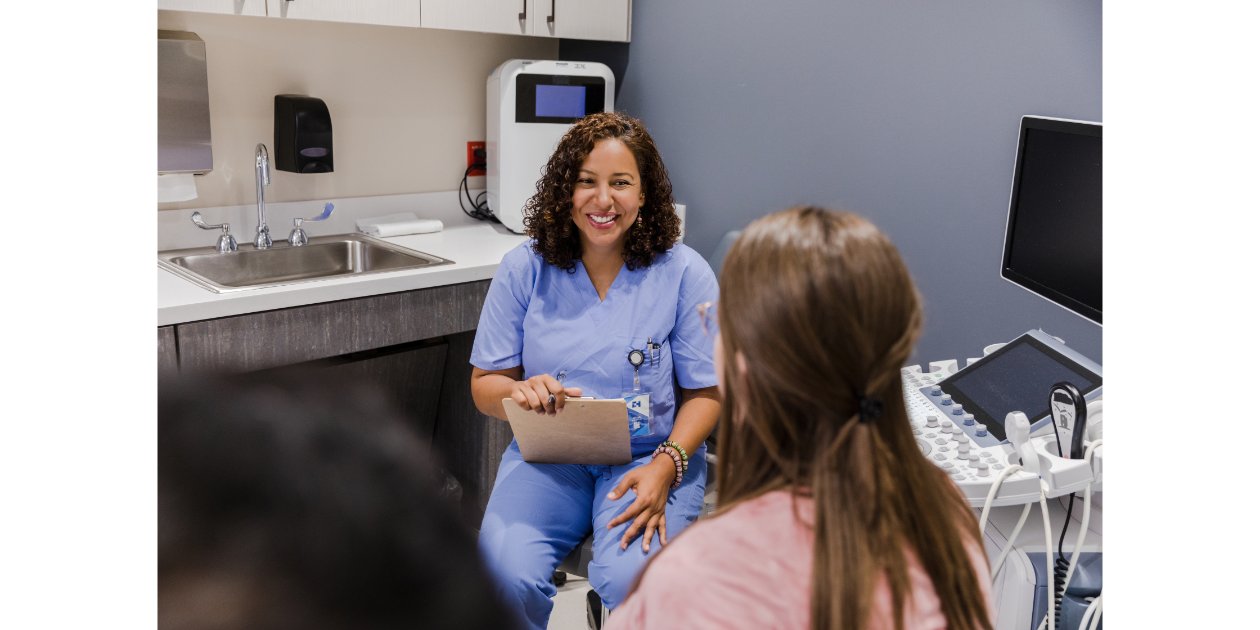Most young women are probably perplexed by the prospect of visiting an OBGYN for the first time. It’s a good idea to know what to expect going in. Today, Women’s Health Specialists will answer this very common question: What do OBGYNs treat?
What It Stands For
OBGYN stands for obstetrician-gynecologist. They are medical doctors specializing in women’s reproductive health. This field combines two primary areas of focus: Obstetrics (pregnancy, childbirth, and postpartum care) and gynecology (reproductive health, including the diagnosis and treatment of disorders).
While these doctors practice both of these categories, there are slight differences between them. Let’s break it down.
Understanding Obstetrics
This side of the position focuses on caring for women as they are having children. Here are some of the aspects of this practice:
- Educational Counseling: Our providers are able to give education and counseling about the childbirth process beforehand—including answering questions about family planning, prenatal care, the birthing process, breastfeeding, and postpartum care.
- Prenatal Care and Fetal Monitoring: Our doctors monitor and provide medical care to women throughout pregnancy, including prenatal check-ups to assess the health of the mother and the developing fetus. This is accomplished by techniques such as electronic fetal monitoring to assess the baby’s heart rate and overall condition in the womb.
- Diagnostic Tests and Imaging: These methods assess the health of the fetus, including ultrasound examinations, blood tests, and genetic screenings.
- Management of High-Risk Pregnancies: They specialize in managing pregnancies where there may be pre-existing medical conditions, complications, or concerns that necessitate specialized care,
- Labor and Deliveries: Obstetricians are trained to oversee the process of labor and childbirth, both vaginal and cesarean sections, and help address any complications that arise during labor.
- Postpartum Care: Providing for women in the postpartum stage means addressing physical and emotional recovery after childbirth.
- Emergency Care: These doctors respond to emergencies during pregnancy and childbirth, including performing emergency procedures and making critical decisions to protect the health of the mother and baby.
Understanding Gynecology
The second half of this job focuses on general women’s health and the reproductive system. It means providing a wide range of medical services and playing an active role in the diagnosis and treatment of gynecological conditions.
- Routine Exams: Performing pelvic exams and Pap smears, screening for conditions such as cervical cancer, and assessing overall reproductive health on a regular basis.
- Diagnosis and Treatment: Some examples of conditions we might address in our office include infections, menstrual disorders, hormonal imbalances, and reproductive organ abnormalities.
- Contraceptive Counseling: This includes both providing guidance on contraceptive methods as well as prescribing them. Common methods are birth control pills and intrauterine devices (IUDs).
- Family Planning: Our doctors can relay personalized information on family planning, fertility, and reproductive measures based on the circumstances of the patient.
- Menopause Management: Assisting women through the transition to menopause is another key role of an OBGYN. We can address symptoms such as hot flashes, mood changes, and changes in bone density.
- Management of Reproductive System Disorders: Disorders of the reproductive system include such as polycystic ovary syndrome (PCOS), endometriosis, and uterine fibroids. Some of these are able to be addressed through minimally invasive procedures.
- STI Treatment: Our doctors both conduct testing for and treat sexually transmitted infections, as well as provide education on safe sexual practices.
- Pelvic Floor Health: Issues that can arise here are pelvic organ prolapse, urinary incontinence, and other means of pelvic pain.
- Surgeries: Our providers can execute certain procedures like hysterectomies, removal of ovarian cysts, and procedures to address reproductive system issues.
- Breath Health: Conducting breast examinations, providing guidance on breast health, and referring patients to specialists for breast-related concerns are also key parts of this role.
- Women’s Wellness and Preventative Care: We always emphasize preventative care, including vaccinations, screenings for breast and cervical cancer, and overall promotion of women’s wellness.
The First Visit
The American College of Obstetricians and Gynecologists (ACOG) recommends that individuals have their first visit to an OBGYN between the ages of 13 and 15. Still, many women wait until their late teens or early twenties or until they are sexually active. The earlier you go, the more records you can have of your reproductive health over time, and the sooner potential issues can be addressed. You can generally expect the following during this initial visit:
-
- Depending on age, puberty may be a relevant topic, as well as education on menstrual health.
- Menstrual irregularities can be addressed.
- Vaccinations, especially the HPV vaccine, will be discussed and potentially administered.
- Any initial or additional sexual health education can be discussed with your provider. The office is a safe space for questions and concerns.
Here to Help
An OBGYN often becomes a fairly foundational medical figure for women as they grow. Our hope is that you find one within our own practice here in Germantown who can partner with you through all of your female health needs. Whether you’re scheduling a first visit or seeking a new provider, please reach out to us at 901-682-9222.



